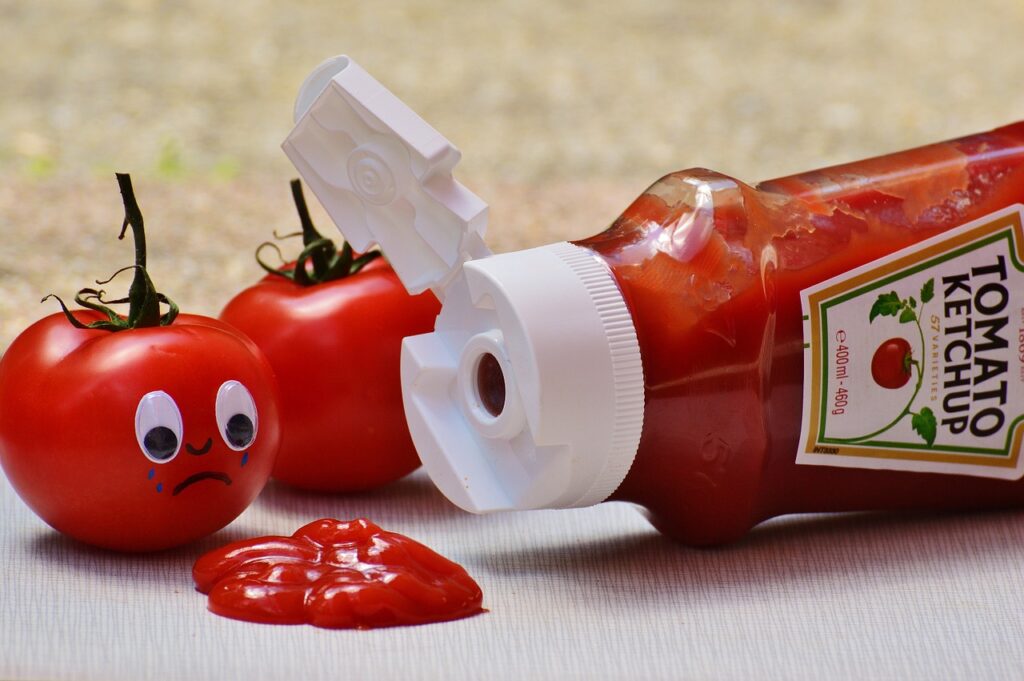Climate Change Will Cause Ketchup To Cost An Insane Amount?
Climate change is happening and it's affecting everything, that now even extends to include the cost of ketchup.

Consumers are facing looming food shortages, along with record-breaking price hikes. Each day it feels like the news becomes increasingly dire. And with a recent news report by Bloomberg, it seems Americans, in particular, are just about to get hit where it really hurts – tomato-based products. Ketchup is one of the leading sellers in the condiment market. Now thanks to climate change, it will become hard to come by.
It turns out that California is the leading global producer of tomatoes. The vegetable is the primary ingredient in items such as ketchup, pasta sauce, and our beloved salsa. But with climate change rearing its head around the world, California is not immune to its grasp.
According to the Bloomberg report, California is experiencing an epic drought. As a matter of fact, it is the worst drought in over 1,200 years. That is devastating news for the tomato crop.
Tomatoes require a fair amount of water to grow. And with the news of lakes, reservoirs, and rivers drying up in California, water is becoming more and more scarce. Typically, California will import water from states like Colorado to help offset their staggering volume of use. However, Colorado is suffering its own effects from climate change. Much of the state is still struggling to bounce back from an extreme and long-lasting drought. So that means less water for California, causing a problem for farmers growing the all-important base ingredient of ketchup.
The head of the California Tomato Growers Association, Mike Montana, told Bloomberg News, “We are getting to a point where we don’t have inventory left to keep fulfilling the market demand. It’s really tough to grow a tomato crop right now.” This dire news means the demand for staples like ketchup will rapidly begin outweighing the supply of tomatoes. What magnifies the problem is that with the unknowns that climate change brings, there is not necessarily relief in sight.
On top of the climate change impact on the tomato crop, farmers face another problem. They have an increased cost of basic farming necessities, such as fertilizer, and have spiking fuel costs. Ultimately, they will have to pass their increased costs onto the consumer just to break even. It will likely lead to a rapid cost increase for ketchup and other tomato-based items.
While this is devastating news to the consumers, it is not a surprise to those paying close attention to the farming and ranching industries. Back in June, the journal Nature published an article about the impact climate change would soon have on global tomato production. It will have staggering effects on the grocery world and consumer pocketbooks.
For now, enjoy all the ketchup your heart desires before prices start to spike. Because, at least for the time being, it has not been impacted by inflation as heavily as other products. And keep a close eye on how climate change will affect other food and commodity items.











